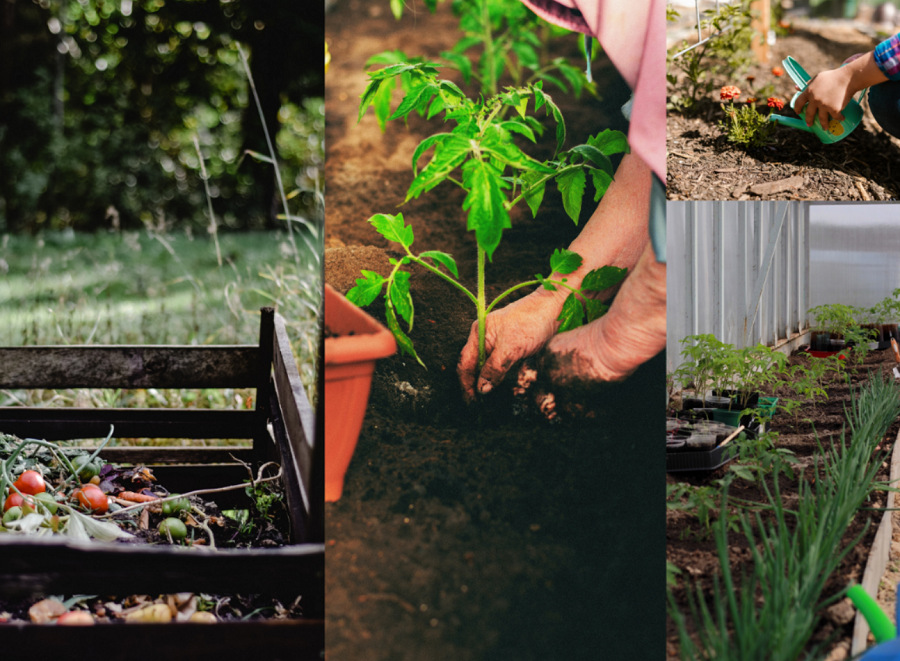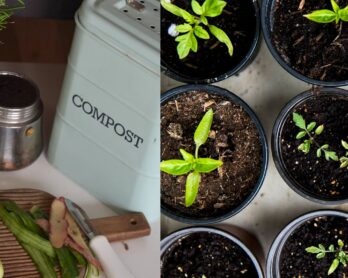It’s Good for the Earth, Good for Your Garden
Recycling your kitchen waste into compost reduces the amount of garbage you send to landfills. It does more good for your vegetable garden than you might have previously thought. More and more, scientists are finding that the nutrients in so-called “green waste” benefit agricultural soils. It is opposite to often found negative soil impacts in industrial-style agriculture.
The Composting Process, How long does it take?
Scientists discovery
Recent research by the New South Wales Department of Primary Industries (DPI) shows that compost and plant scraps help vegetables grow. Grow just as productively as if they had been heavily fertilized. Better still, the compost-enhanced gardens helped reduce the heavy buildup of phosphorus in soils that often accompany artificial fertilizer-based agriculture.
The DPI scientists used compost to get healthy yields of broccoli, eggplant, cabbage, and capsicum without damaging the soil over the long term, they said. Farms that depended on industrial techniques, on the other hand, increased the likelihood of damage to the structural stability of the soil over time, which increases the risk of runoff and nutrient loss.
Advantages of using on farms
The DPI study tracked agricultural practices at 34 farms covering the major soil types found around the region of Sydney, Australia. They recently published their findings in the Australian Journal of Soil Research. DPI scientists next hope to conduct a three-year study to determine whether to use green scraps. Also, compost instead of fertilizers is economically viable for Australian farmers. Many vegetable farms around the Sydney area currently report high rates of surface runoff and loss of nutrients in the soil.
The Sydney area is a major agricultural center in Australia, generating an estimated $1 billion or more of the country’s produce.
Other researchers are making similar discoveries about the benefits of natural versus industrial-style agriculture. A team from the University of Oregon, for example, recently found that farm pesticides intended to eliminate pests and enhance crop yields. Instead might play havoc with the natural nitrogen cycle of soil and cause slower growth or reduced yields.
Outside of meats and dairy products, almost any waste that comes out of your kitchen can be reused. Then build up healthier, richer garden soils without the need for synthetic fertilizers and sprays. So save those fruit and vegetable peels, eggshells, coffee grounds, and other green leftovers. Give them back to the Earth in the form of a compost pile in your backyard.
| Image sources |
|---|









